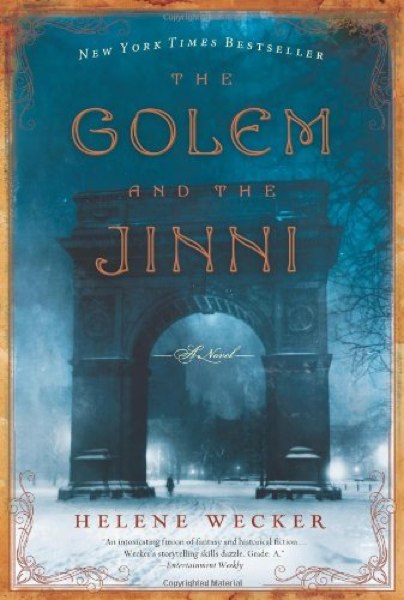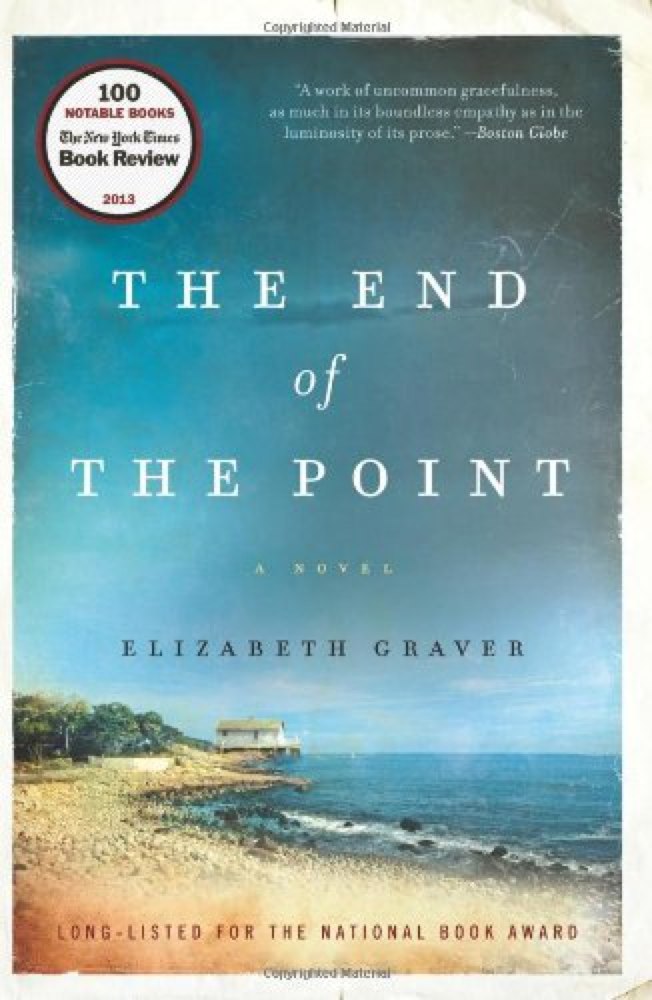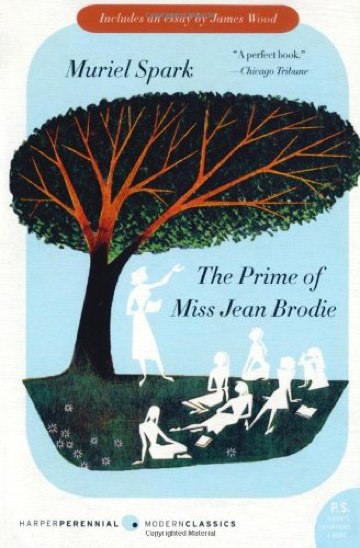Much of what passes for intelligent business commentary in the US is thinly-masked prosperity gospel. The recent discussion the the mobile software disaster is rife with implicit prosperity gospel mongering.
Prosperity Gospel business reporting holds that, when a product succeeds, it succeeds because the CEO or the product manager is brilliant and wonderful, a romantic hero like Steve Jobs. When a product fails, its failure stems from the shortsightedness and shortcomings of the foolish and ill-behaved management. Just like Steve Jobs, back in the day, was the dirty hippy who nearly ruined Apple. That was before he saved Apple. If you win twenty in the show, you can let the fungus grow back and the press'll think you're colorful. Until you win twenty in the show, however, it means you are a slob.
Thinks what ne'er was, nor is, nor e'er shall be.
Sure, you can point to shortcomings in all sorts of products. You can point to shortcomings in products that make lots of money, too. You think UI design is important? I have two words for you: MS-DOS. You think documentation is important? Show me the manual for Finder. You think products have to be intuitive? Tell that to your second grader: people spend years learning to use books, but we’ve found books pretty useful anyway. Think market dominance is the key to everything? Show me a book in the last four centuries that had a majority share of the book market.
If you think all the failures in mobile software arise from the shortcomings of the products and/or their creators, then you think that you can look into the seeds of time and say which grain will grow and which will not. You think, in short, that you can recognize tyne Visible Elect, the Lord’s Chosen Remnant. A bunch of business reporters do think this – or they act as if they did. After all, it is difficult to get a man to understand something, when his salary depends on his not understanding.
But, speaking of the seeds of time, it sounds increasingly like none of the seeds are growing. One advantage of looking at indie products is that it’s hard to fudge: a big company can explain away weak sales in product A because A helps sell product B and B is what really matters. Are Pages and Numbers profitable? Who knows? My guess is that Apple has no idea, and we really have no idea. But if few or no isolated mobile software apps are thriving, we’ve got a real problem.




